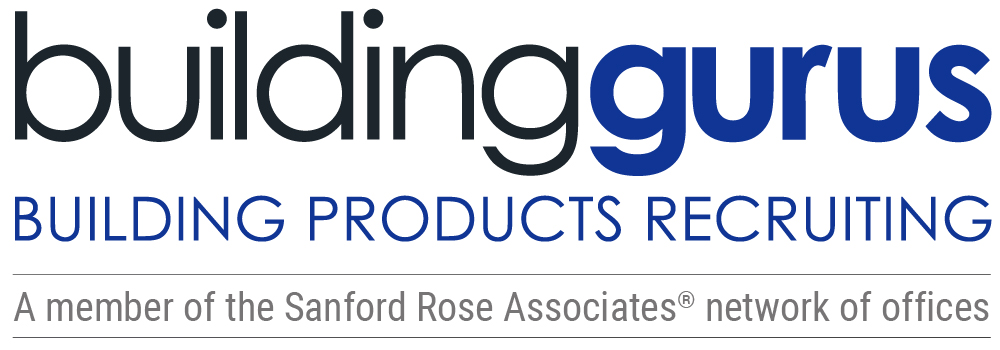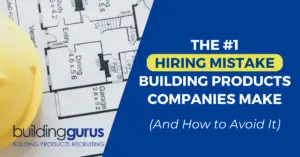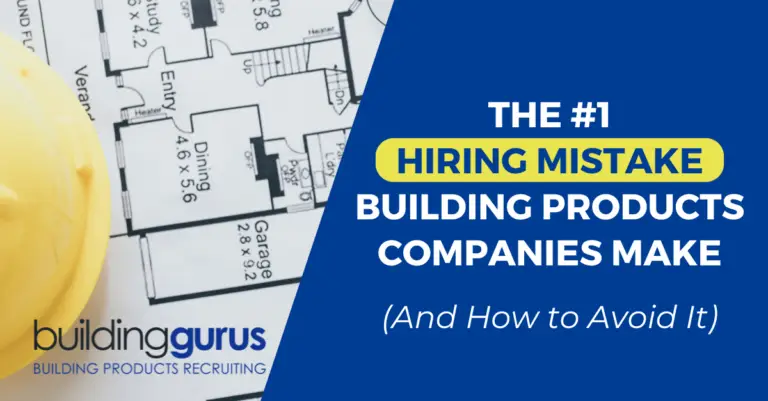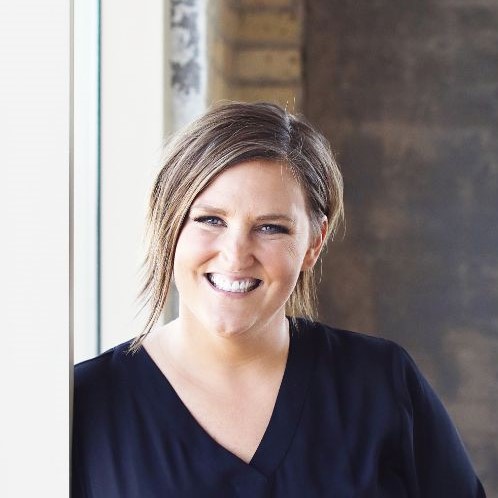As the world turns, today's new employees aren't thinking about staying at the same job for 40 years…or 4 years for that matter. With the rise in millennials in the workforce and a dramatic shift to contingent workforces, don't think you'll hire at 18 and keep them until retirement.
Employees put a much bigger emphasis on liking their work and feeling rewarded and engaged. Our grandparents might have worked hard their entire lives toiling at jobs they didn't really like because that is what you did, but new generations of employees don't feel quite the same.
You have to tap into what your employees want, what truly motivates them and figure out how to make them stay. The best ways I know how to do that are to make sure they are in the right roles, that they are challenged and supported in equal measure and that you treat them really well.
Certainly, there is more to it than that:
Retaining High Performers
Help them fit in
No one likes being the odd man out. Make sure your employees each know exactly where they are supposed to be and precisely why you chose them. And if they aren't in the right spot, help them figure it out.
Working in a job you don't excel at and isn't the right fit is awful. So know exactly what you need for each role and hire the person who exactly (or very closely) matches it with talent and desire. The better the fit, the better chance they'll succeed and stay.
Pass it on
You have experience & knowledge you could be sharing – are you? Do you mentor new employees or have you developed a robust mentoring program? Do you embrace your younger employees or blow off their talents because they have a different outlook?
Yes, millennials work and think differently than previous generations, but they aren't going anywhere and many of them have incredible talent. Figure out how to blend your experience with their skills = watch out world!
Raise and praise
If you show me someone who doesn't want to be recognized for their efforts, I think we'll disagree on how honest they are. Even if it is quietly, we all want to know someone saw us succeed and appreciates what we do. Don't overlook or underestimate how much praise can help employees feel needed and successful.
When you have successful employees who continue to grow, raise them up – i.e. help them grow into new responsibilities and roles. And reward them with better pay to boot.
Cultivate initiative and productivity but don't leave out ingenuity
Yes, we all need to make stuff happen and we need the numbers to show what we are accomplishing. But, don't forget about employees who show us a new path that reduces time, effort and money or drastically improves something.
Make sure you show your appreciation for ingenuity as well as initiative and productivity. You need all 3 to be in sync if you really want to grow.
Use your ears more often
Listening is one of the greatest skills I know. People who take in what you are saying and not get stuck thinking their own thoughts or focusing on their reply are few and far between. Be a good listener. Let your employees talk when they have issues. Even if it is trivial, don't downplay it – it's important to them.
When they have suggestions, make sure you take them seriously.
Reward innovation
Even if it is just a small suggestion that sparks something, make sure you reward innovation and forward thinking. And even better, make sure you cultivate it and ask for it. Employees who know they can directly change their work environment, company trajectory or customers' lives will feel more engaged.
So, if it is just to save money on paper clips or is the next best thing in windows and doors, make sure they are appreciated.
It's not always about money
Don't feel like a standard raise and bonuses are the only thing that makes employees feel appreciated and rewarded. Yes, you need to be competitive, but don't rely on pay as a way to make employees happy. Think of the other motivating factors we've listed.
Work on developing and implementing programs that reward employees with things other than money.
There are many things that make employees feel rewarded, engaged and connected. If you want your high performers to stay, you'll have to focus on all of them.











